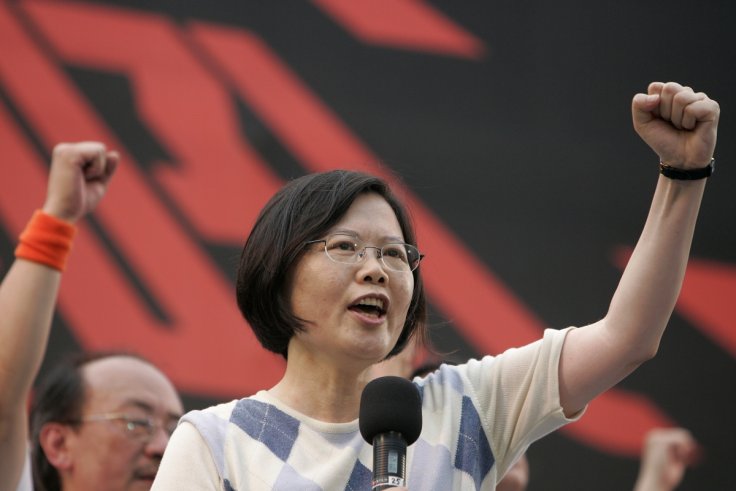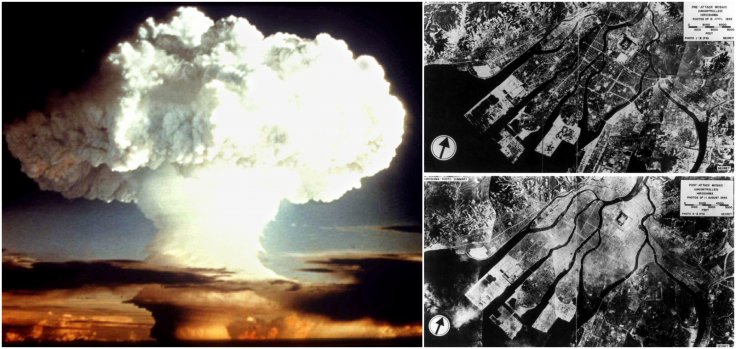The US military's plan to use nuclear weapons on China was stopped in the track but it did help Taiwan's Chiang Kai-shek consolidate power in the island, new revelations have shown.
The US military strategists drew up a detailed plan wherein they would use nuclear weapons on China in order to prevent the Chinese over-running the breakaway Taiwanese administration, according to classified documents posted online by Daniel Ellsberg.
'Pentagon Papers'
Ellsberg had shot into fame in the 1970s after he leaked a top-secret Pentagon study on the Vietnam war, which came to be known as the 'Pentagon Papers.'

General Nathan Twining, the chairman of the Joint Chiefs of Staff, "made it clear that the United States would have used nuclear weapons against Chinese air bases to prevent a successful air interdiction campaign," a top secret military document had said, according to Ellsberg.
Ellsberg said he got hold of the document in the 1979s and had not revealed it until now.
Helped Seal Taiwan's Fate as Self-Ruled Island
Thought the United States shelved the plan, it did stop the Communist China from pursuing Kai-shek's Nationalist forces further.
By the time the 1958 crisis ended, China's PLA had abandoned artillery strikes on islands controlled by Kai-shek, effectively sealing Taiwan's fate as a self-ruled island for the decades to come.

Chiang Kai-shek's Kuomintang party (Nationalists) once ruled the mainland before they were vanquished by the Communist Red Army following a civil war after the end of the World War 1. The forces then moved south to the Taiwan islands to set up a parallel government.
China Onslaught Continues
Over the years, China has all but obliterated the diplomatic existence of Taiwan. Using its financial muscle power and defense clout, Beijing won over many countries that had earlier recognized Taiwan. China, a permanent UN Security Council member, has more than 170 diplomatic allies while Taiwan has only about 20, most of which are marginal forces.
Considered Retaliation by Russia
The newly revealed document notes that the US factored in the role Russia would assume in the event of it attacking China with nuclear weapons. The US strategists anticipated strong retaliatory action from the USSR, as the two countries were locked in a cold war at that time. However, it appears from the documents that the the US military leadership concluded that move was worth as it would ensure Taiwan's safety.
The document also notes that US President Dwight D. Eisenhower eventually favored conventional weapons.
Tensions on the Rise
The revelation comes at a time when the relations between China and the US are strained on multiple fronts, with the Taiwan issue remaining the most crucial. Even as China adds pressure on Taiwan by conducting relentless incursions into its air defense zones, the US warships regularly undertake 'freedom of navigation' operations in the Taiwan Strait, giving China a clear message that Beijing's arbitrary attempts to dominate the region and pressure Taipei would not go unchallenged.
China considers self-ruling Taiwan as a renegade province and hasn't abandoned the possibility of using force to annex the island.
Though the power balance tilted in Beijing's favor back in the early 1970s when the United States recognized the People's Republic of China and started diplomatic relations with Beijing, a US law is still in place that authorizes Washington to help the island defend itself in the event of a conflict with China.









